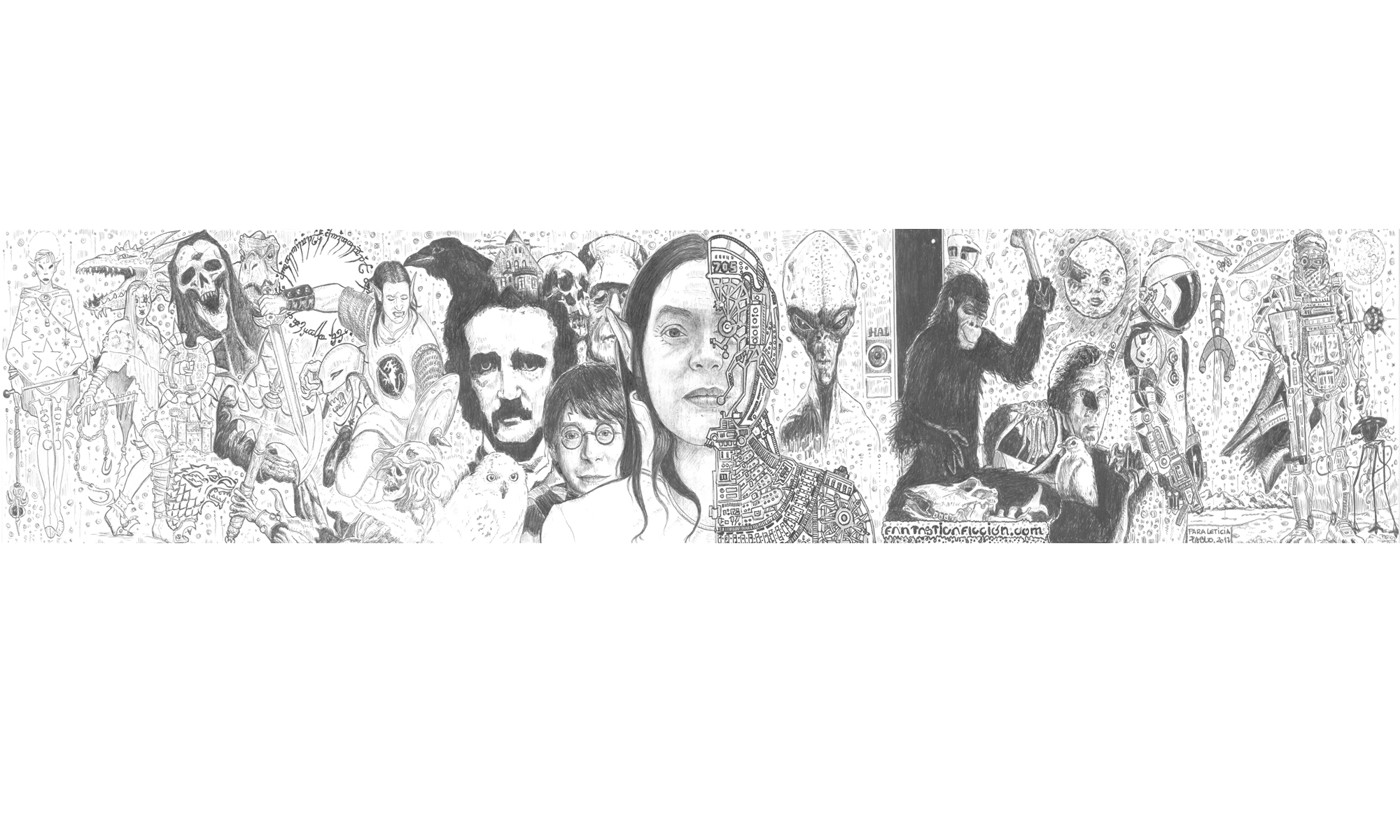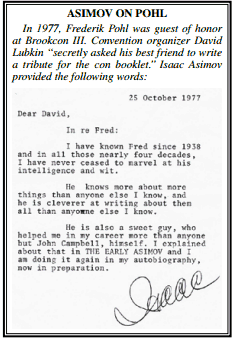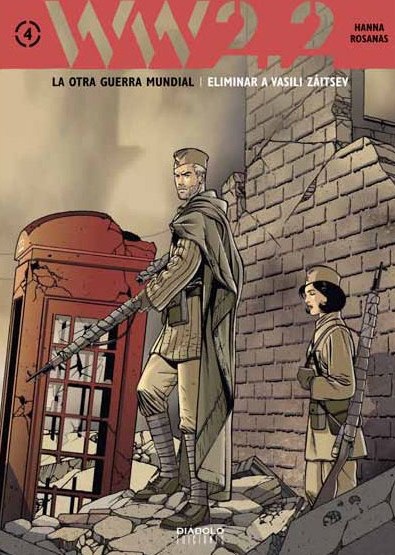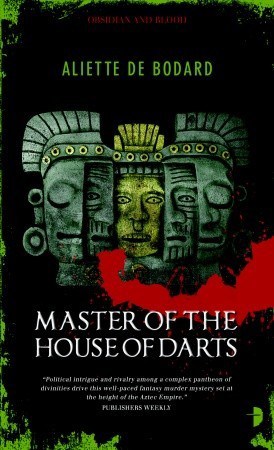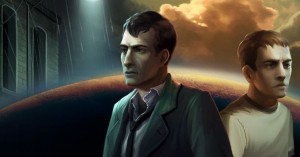 Hace varios años (por no decir lustros o décadas) hubo una época dorada para las aventuras gráficas de tipo “point and click” de la que disfruté mucho. Poco a poco fueron desapareciendo a favor de otros títulos con gráficos más espectaculares pero títulos como “Day of the Tentacle” o “Indiana Jones and the fate of Atlantis” dejaron una huella imborrable en la memoria de quienes los jugaron.
Hace varios años (por no decir lustros o décadas) hubo una época dorada para las aventuras gráficas de tipo “point and click” de la que disfruté mucho. Poco a poco fueron desapareciendo a favor de otros títulos con gráficos más espectaculares pero títulos como “Day of the Tentacle” o “Indiana Jones and the fate of Atlantis” dejaron una huella imborrable en la memoria de quienes los jugaron.
Con la irrupción de las tablets en el mercado doméstico, las aventuras gráficas están viviendo una especie de segunda juventud, no tan exitosa como la primera época pero tampoco desdeñable. La facilidad de programación con herramientas como RPGMaker o Adventure Game Studio hace que cualquier persona con una buena idea tenga medios para intentar llevarla a cabo.
Gemini Rue parte de esa base, pero aún con herramientas simples el equipo de Wadjet Games consigue crear un juego entretenido. Gráficamente Gemini Rue es un homenaje al pixelado, pero esa no es la parte que nos interesa. La historia de ciencia ficción mezclada con toques noir que se desarrolla durante el juego es el meollo de la cuestión.
En el desarrollo del juego controlamos a dos personajes, por una parte a Azriel, un asesino reconvertido en policía que busca a su hermano en un planeta colonial enfrentándose a la mafia Boryokudan. Por otra parte, encarnamos a Delta-Six, un preso en una cárcel de “rehabilitación” donde mediante entrenamiento y sucesivos borrados de memoria se pretende adecuar a los prisioneros a la vida en sociedad. No conviene contar nada más por no destripar las sorpresas y los giros de la narración, pero he de decir que aunque visita algunos lugares comunes de nuestro género favorito, lo hace de forma respetuosa y con un enfoque un tanto diferente.
También me gustaría destacar el apartado sonoro del juego, ya que el doblaje de los personajes en inglés está muy trabajado para ser un juego independiente, al parecer Joshua Nuernberger, el creador de Gemini Rue, tiene contactos en la escena teatral neoyorquina y los ha convencido para trabajar en su juego, cosa que se agradece.
El juego es corto y no muy difícil, pero esto no tiene por qué ser un problema sabiéndolo desde un principio. El manejo de los personajes es muy básico, aunque incluye algunas escenas de acción para dar algo de variedad.
En resumen, si te apetece jugar una aventura gráfica de ciencia ficción no muy complicada en tu Ipad o PC, Gemini Rue es una elección segura.
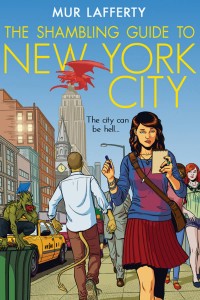 Junto con los premios Hugo hace unos meses se dio el galardón John W. Campbell a Mur Lafferty. Mi desconocimiento sobre esta autora era palpable, pero eso es algo que pretendo solucionar escuchando este podcast donde la propia autora nos narra su libro “The shambling guide to New York City”
Junto con los premios Hugo hace unos meses se dio el galardón John W. Campbell a Mur Lafferty. Mi desconocimiento sobre esta autora era palpable, pero eso es algo que pretendo solucionar escuchando este podcast donde la propia autora nos narra su libro “The shambling guide to New York City”